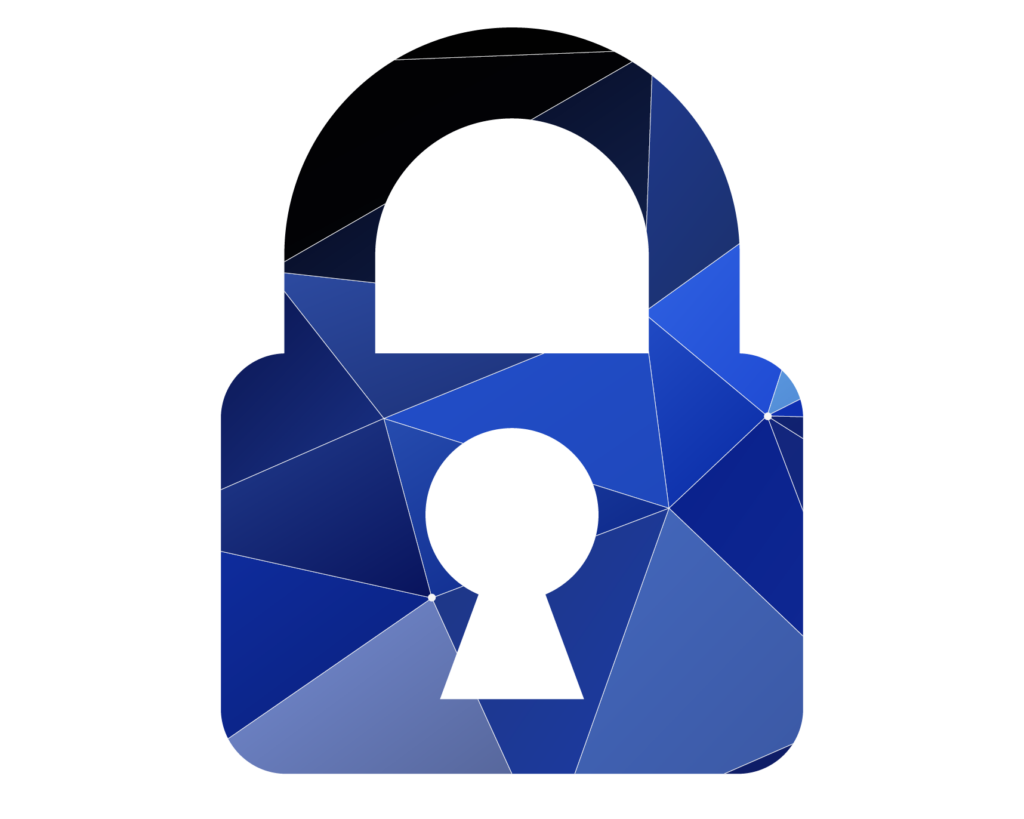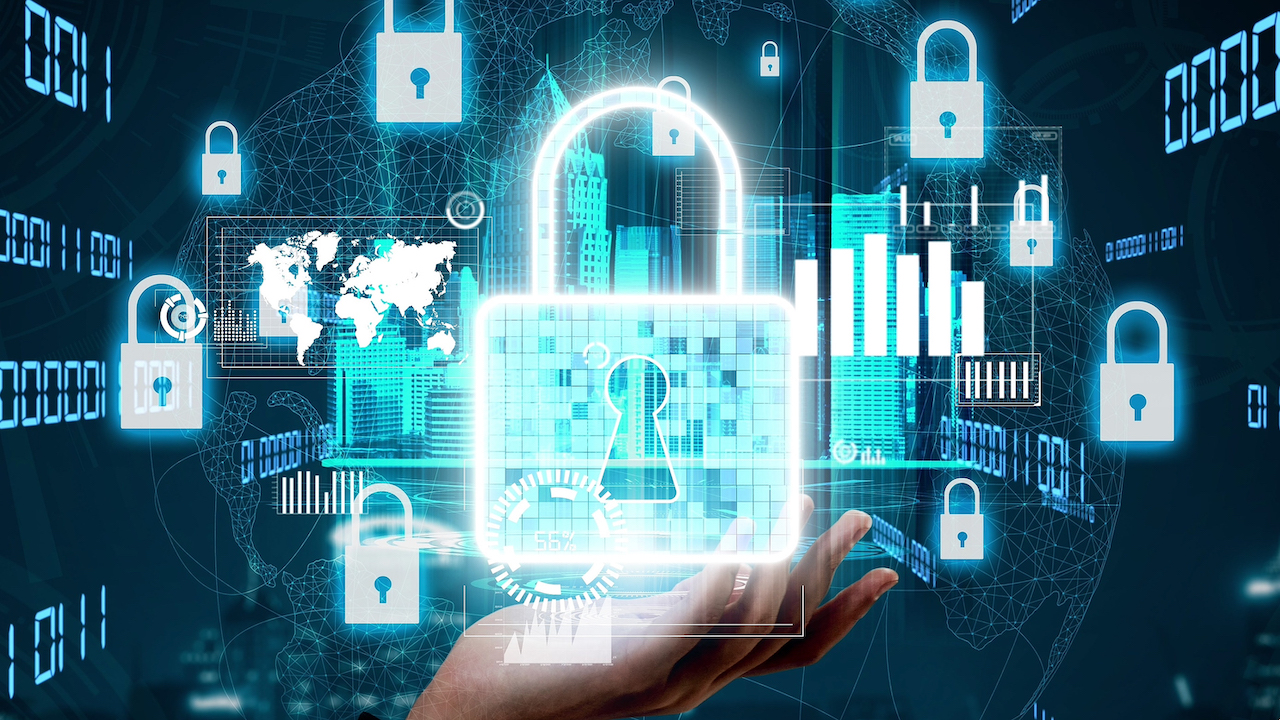What Is Cybersecurity & Why It’s Beyond Important
Cybersecurity focuses on protecting electronic information on websites, networks, or devices from hackers.

Through advanced technology and sophisticated processes, cybersecurity professionals, like ourselves at bva, help keep data safe and accessible.
Individuals and businesses alike face cybersecurity threats. In addition, businesses need protection from unauthorized data access, both from inside and outside the organization.
Strong cybersecurity reduces the chances that a cyberattack will affect business operations, that’s why it’s so important that your businesses crucial cybersecurity expenses get the budget they deserve.
Cybersecurity also has political implications and greatly affects public safety and health. With new and highly sophisticated threats emerging every day, you need to ensure your business is protected.
While individuals can take simple steps to maintain their cybersecurity, businesses typically require more sophisticated, proactive cybersecurity strategies.
What Is Cybersecurity?
Cybersecurity is the profession of protecting digital information, devices, and networks from unauthorized users. IT professionals like ourselves, also ensure the integrity, security, and accessibility of information for authorized users.
How Does Cybersecurity Protect Us?
Cybersecurity protects digital information, and the people who use networks, computers, and devices from unauthorized access or data loss.
5 Reasons Cybersecurity Is Important
Millions of Americans share personal information on the internet every day. Whether while working remotely, making online purchases, or completing financial transactions. These make cybersecurity more important than ever.
1. Cybercrimes Are Rising
In an increasingly digitized and connected world, cybercrime can cause major disruptions. As more workplaces moved to remote work in 2020, the number of cyberattacks skyrocketed. One study found a 400% increase in cybercrime in 2019-2020.
In addition to a growing number of cybercrimes, the types of attacks have grown. Malware, phishing, and DDoS attacks can take down major corporations and risk the private data of millions of people.
2. Your Data Is Valuable
Cyberattacks target both individuals and systems. These cybercriminals seek out private data, including financial information. That data is valuable.
Stealing someone’s Social Security number, for example, makes it easy to take out credit cards in their name and run up debt. So does targeting dates of birth, credit card information, and addresses.
3. Cybercrimes Result In Economic Costs
The economic cost of cybercrimes is staggering. According to one estimate, cyberattacks cost the global economy $1 trillion every year.
Ransomware attacks can bankrupt companies, disrupt financial markets, and tank people’s personal finances. The cost of cybercrimes makes it even more important to implement security systems and increase internet safety.
4. Your Devices Could Be Exploited
Every day, hackers come up with new ways to break into systems and exploit devices. Take cryptojacking, for example.
Hackers use a target’s devices to mine cryptocurrency for the hacker. Add that to a long list of cybercrimes like proxy phishing, password attacks, and malware.
5. Cyberattacks Pose Real-Life Threats
Cybercrime might seem like a distant problem that only affects a small number of people, but cyberattacks don’t only target information security. They can also compromise infrastructure, which threatens health and safety.
In late 2020, for example, ransomware attacks targeted U.S. hospitals. These attacks tried to steal data to force hospitals to pay a ransom. Schools, law enforcement agencies, and governments have all been the victims of cyberattacks.
How To Protect Against Cyber Attackers
You can take several simple steps right now to protect your data from hackers and prevent cyberattacks. Here are the best ways to make your data safer.
1. Follow Password Best Practices
A strong password keeps hackers from breaching your accounts. Instead of reusing the same password on multiple platforms, create unique, complex passphrase. Especially for sites that store private data or credit card information.
Worried about keeping all those passwords straight? Consider getting a password manager so you’ll never forget your password again.
2. Change Your Password After A Breach
Data breaches happen all the time. After a breach, you must change your password, but recent research shows that few people actually update their passwords.
That leaves your data vulnerable to a cyberattack. The site Have I Been Pwned lets users check whether their accounts may have been compromised.
3. Learn To Spot Phishing Attempts
Every email inbox receives spam emails. Most of us know not to open emails from Nigerian princes, but every day, people click on phishing emails claiming to offer prizes or asking customers to “verify” details.
These phishing attempts trick people into giving up their own personal info. Make sure you understand common phishing red flags to dodge cyberattacks.
4. Install Antivirus Software
Installing antivirus software on your devices, including cell phones, helps protect your data against malware, viruses, and other cyberattacks.
These software programs secure your passwords, block malware, and protect financial data during online transactions.
Before installing or downloading antivirus software, consider your needs and find the right provider to protect your internet safety.








